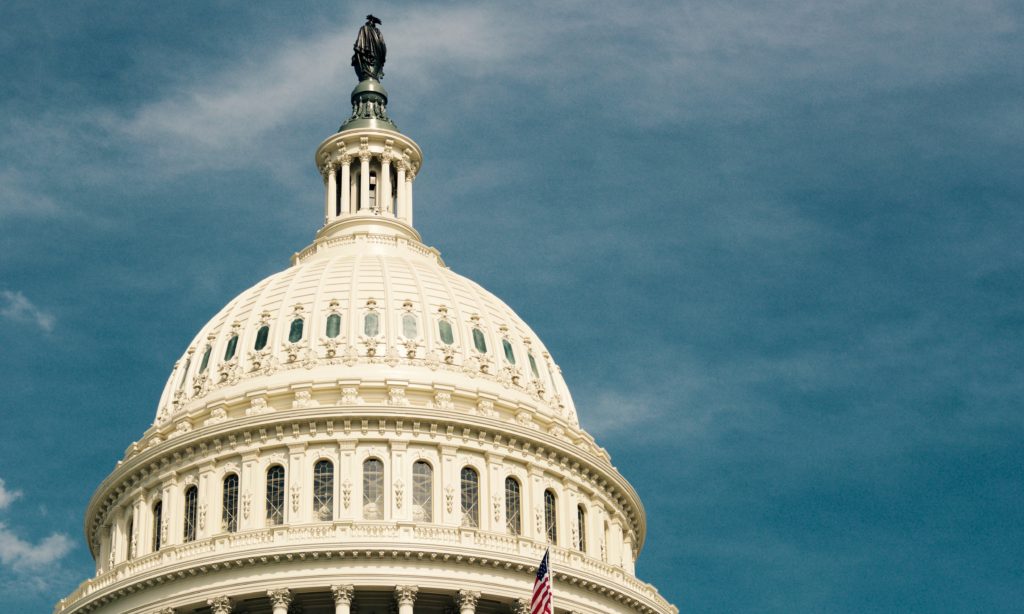Senate Bill 1063

Introducing The Professional Nursing Law
Originally developed in May 1951, The Professional Nursing Law (P.L. 317, No. 69) outlines the practice of professional nursing in the state of Pennsylvania. This law includes qualifications, scope of practice, and prescriptive authority for advanced practice nurses including certified registered nurse practitioners (CRNP). Notably, the General Assembly amended the law in both 2002 and 2007 to expand the CRNPs scope of practice (PCNP 2013).
Importantly, The Professional Nursing Law certifies rather than licenses its CRNPs, requires a collaborative agreement between CRNPs and physicians, and necessitates a Drug Review Committee (PCNP, 2013). Furthermore, this law prohibits direct reimbursement for services rendered by a CRNP (PCNP 2013).
So Tell Me About Senate Bill 1063
Introduced in July 2013, Senate Bill (SB) 1063 attempts to modernize The Professional Nursing Law. This bill would permit CRNPs to serve as licensed independent practitioners within their certified population focus. Significantly, the bill removes the collaborative agreement between the CRNP and physician (PCNP, 2013).
Small changes would be made to the CRNP scope of practice: CRNPs would be permitted to issue oral orders, make referrals for speech therapy, and order methadone treatment. SB 1063 will remove the Drug Review Committee which currently approves what category of drugs a CRNP can prescribe (PCNP, 2013).
Also, the proposed legislation will license rather than certify CRNPs, and it will change their title from CRNP to advanced practice registered nurse-certified nurse practitioner (APRN-CNP). Finally, this bill would designate six population foci in which CRNPs can be certified: family/individual across the lifespan, adult-gerontology, neonatal, pediatrics, women’s health/gender-related and psychiatric/mental health (PCNP, 2013).
But What’s the Evidence?
Ample evidence exists which supports the proposed changes to The Professional Nursing Law. Since the development of the CRNP role in 1965, research consistently demonstrates that CRNP care is at least comparable to physician care (AANP, 2013). In their systematic review of advanced practice nurse outcomes, Stanik-Hutt et al. (2011) found that CRNPs provide effective, high quality health care with outcomes similar to and in some ways superior to physicians.
Moreover, the Kaiser Commission issue paper on Medicaid and the uninsured (2011) asserts that CRNPs can safely, successfully, and independently expand access to health care. Additionally, in March 2014, the Federal Trade Commission (FTC) published their perspective regarding the regulation of advanced practice nurses. In sum, the FTC believes competition in healthcare controls costs, improves quality, and promotes innovation (FTC, 2014). The FTC asserts that CRNP scope of practice restrictions and collaborative agreements with physicians actually impede quality competition, raise prices, and diminish access to care (FTC, 2014).
Ok, I’m Listening
If voted into law, SB 1063 will have national, state, and institutional impacts. SB 1063 would align Pennsylvania’s nursing regulatory act with 17 other states and the District of Columbia which license CRNPs as independent practitioners (PCNP, 2011). In their white paper regarding independent practice of certified nurse practitioners, the National Organization of Nurse Practitioner Faculties (NONPF) outline the impact of legislation such as SB 1063 (2013). Specifically, granting CRNPs independent practice improves access to care, quality of care, and cost of care at both a state and national level (NONPF, 2013).
First, removing the supervisory requirements of CRNPs by physicians will improve a patient’s access to care. No longer will a CRNPs ability to treat rest solely upon a physician’s willingness to enter into such an agreement (NONPF, 2013). Secondly, and as noted above, evidence-based research repeatedly reveals that CRNPs provide safe, high quality care (Newhouse, 2011).
Moreover, legislation such as SB 1063 directly affects health care expenditures in the United States. For example, a study conducted by Eibner et al (2009) estimates that removing restrictions on CRNP practice will save six billion dollars in health care costs over ten years. Also, the American Academy of Nurse Practitioners (2007) note, “NPs in a physician-practice were found to have the potential to decrease the cost per patient visit by as much as one third, particularly when seeing paints in a an independent rather than complementary manner” (AANP, 2007).
Concluding Remarks
In sum, proposed legislation SB 1063 aims to modernize Pennsylvania’s law regulating CRNP practice. If this bill is signed into legislation, it will license CRNPs as independent practitioners and abolish the collaborative agreement with physicians. Ultimately, this will provide patients with improved access to care, quality of care, and cost of care.
I hope this post was helpful and that it clarified SB 1063. Please feel free to email me or comment below with your thoughts and experiences.
Click here to view a PDF of my references for this article.
Share on Facebook Share on Twitter Share on Pinterest
0 Comments on "Senate Bill 1063"